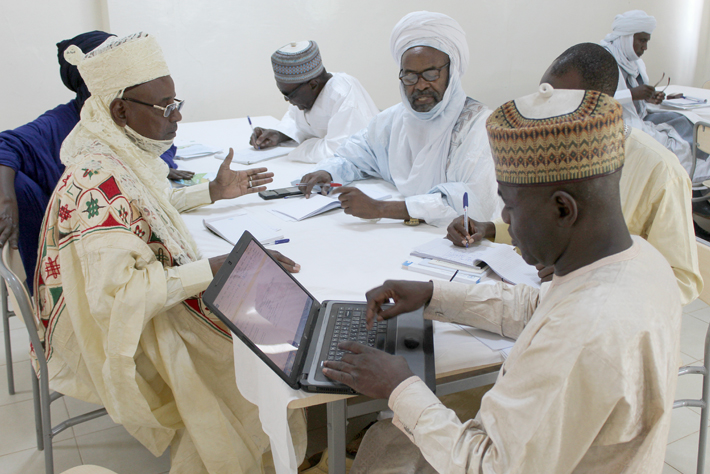Other articles
Sierra Leone embraces a Human Rights Based approach to land governance assessment
FAO and Partners advancing Inclusive Land reforms at the 2023 African Land Policy Conference
FAO supported the National Forum on Land Tenure in Cotonou
FAO supports the launch of the Pacific Land Network (PLaNet)
Chad validates its National Land Policy
Towards an inclusive land reform in Mauritania
More secure land tenure in Senegal lays the groundwork for agroecology and women empowerment
FAO supports a historic land tenure forum in Guinea
Land Tenure and Sustainable Agri-Food Systems
Open Tenure Trainings with UN-REDD in RDC and Colombia
Geospatial Information for Digital Transformation conference, 27-29 October, Oslo
Land tenure continues to be major objective of development agenda
Mainstreaming VGGT in revision of 2013 Land Law in Viet Nam for more responsible tenure governance
Passage of long-awaited tenure reform in Niger
Sharing land law knowledge in Southeast Asia
What COVID movement restriction means for nomadic pastoralists in the Sahel
Chinese investments in agricultural land in Africa
Land governance in Colombia's protected areas
ECOWAS embraces the Voluntary Guidelines
Passage of long-awaited tenure reform in Niger

- ©FAO Ingeborg Gaarde
